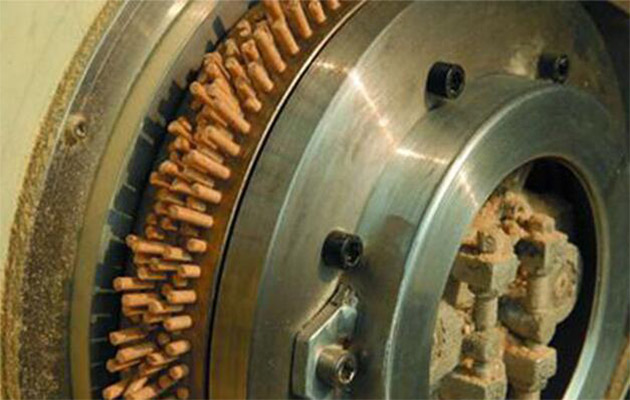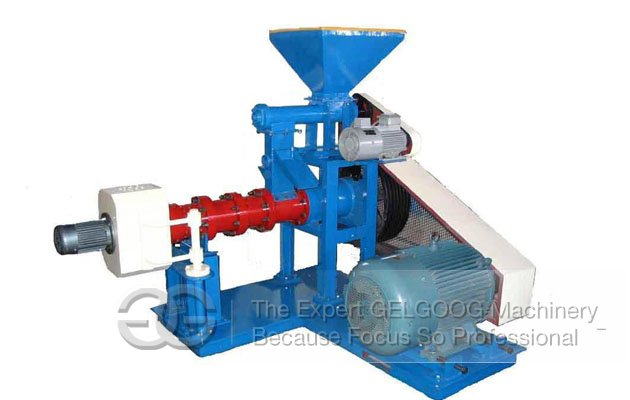What is the advantages of biomass fuel

Biomass is a renewable, carbon lean,sustainable sources that is already widely available to agriculture
crops & residues, forestry crops & residues, industrial residues ,animal residues and municipal
solid wast, and so on. With biomass we can generate electricity or produce heat orbio-fuel, and has many
benefits for usage of biomass fuel in many different facilities
Facilities suitable for biomass systems include colleges, universities, hospitals, public buildings, hotels and
motels, commercial buildings, greenhouses, large-scale agricultural operations, manufacturing plants, pow
er plants, schools, and community district energy systems.
Why Use the Biomass Fuel?
Reduce Landfill
Another advantage of biofuel is that it can take waste that is harmful to the environment and turn it into som
ething useful, for instance, garbage as landfill can, at least partially, be burned to create useable biomass fu
el, and ethanol can be made from corn and other crops with reducing landfill, while can be used to create so
me useable different product. With so many living source on the planet, there is no limit to how many applica
tions can be found and invent.
Low Fuel Cost
Low fuel cost is the main attraction of heating with woodchips and pellets. Unlike fuel oil, propane, and natural
gas, solid biomass fuels have a history of stable prices that are comparatively unaffected by global economics
and political events.
Low Carbon Dioxide
Burning wood for energy has a positive impact in moderating global climate change. Carbon dioxide (CO2) build
up in the atmosphere is a significant cause of global climate change. Fossil fuel combustion takes carbon that was
locked away underground (as crude oil and gas) and transfers it to the atmosphere as CO2. When wood is burned,
however, it recycles carbon that was already in the natural carbon cycle.
Less Emissions of Particulate Matter
Modern community-scale biomass systems burn cleanly, with virtually no visible emissions or odors, and, compared
with modern residential-scale wood and pellet stoves, with far less emissions of particulate matter , an exhaust prod
uct of wood combustion known for its adverse effects on human respiratory health.
Energy Independence
Biomass is a locally available fuel source that increases the region’s energy independence and security while
stimulating the local economy by keeping energy dollars circulating in the region rather than exporting them. Using
wood also helps to support the forest products industry, creating markets, and forestry and agriculture jobs in the
surrounding region.

0086-371-63398802
0086-185-3993-1566
No.100 Shangdu Road, Zhengdong New District, Zhengzhou City, Henan Province, China
CONTACT US
Copyright © 2010 - Henan GELGOOG Machinery Co.,LTD
Links:Packing Machine | Wafer Biscuit Machine |











